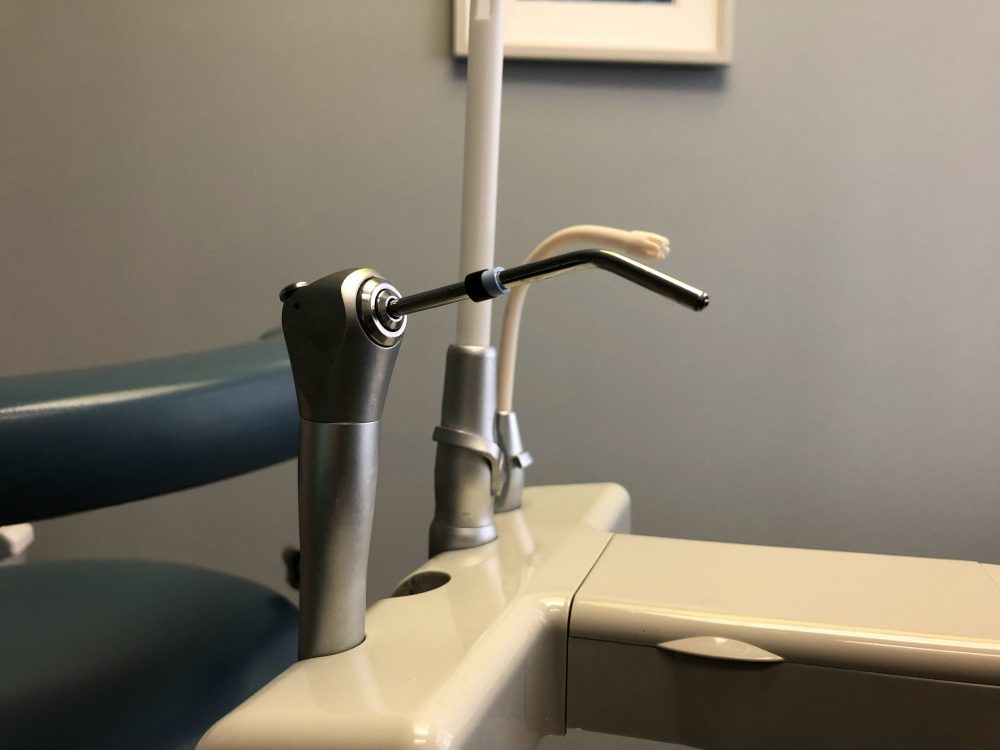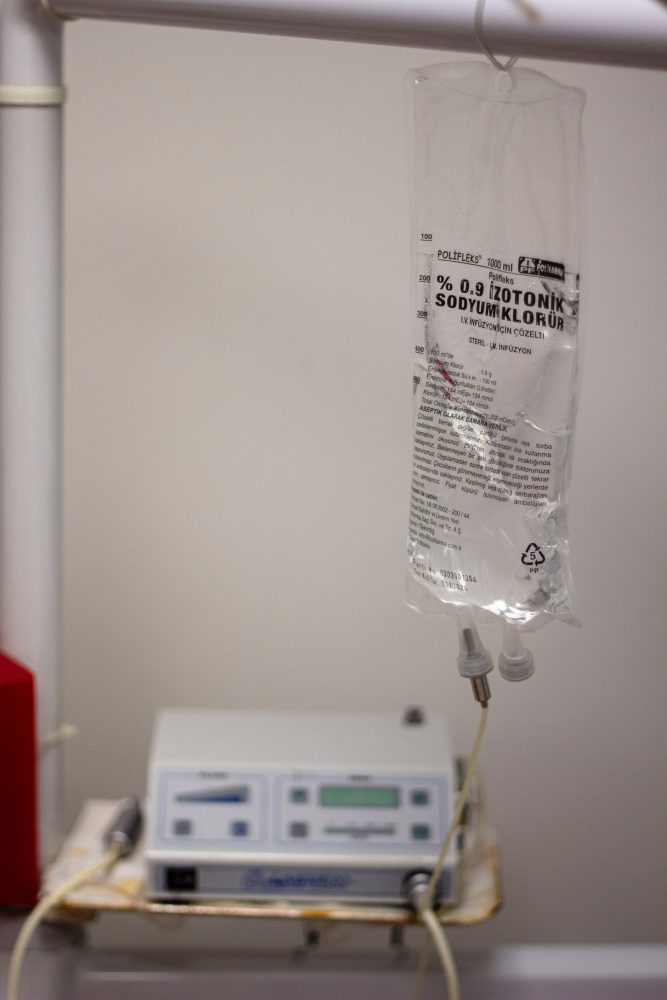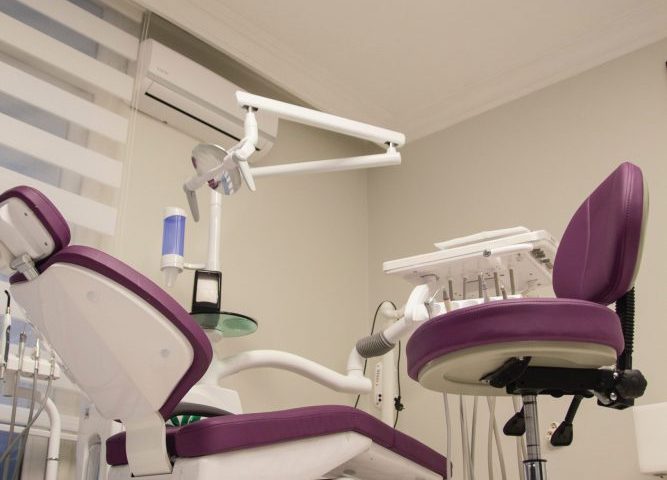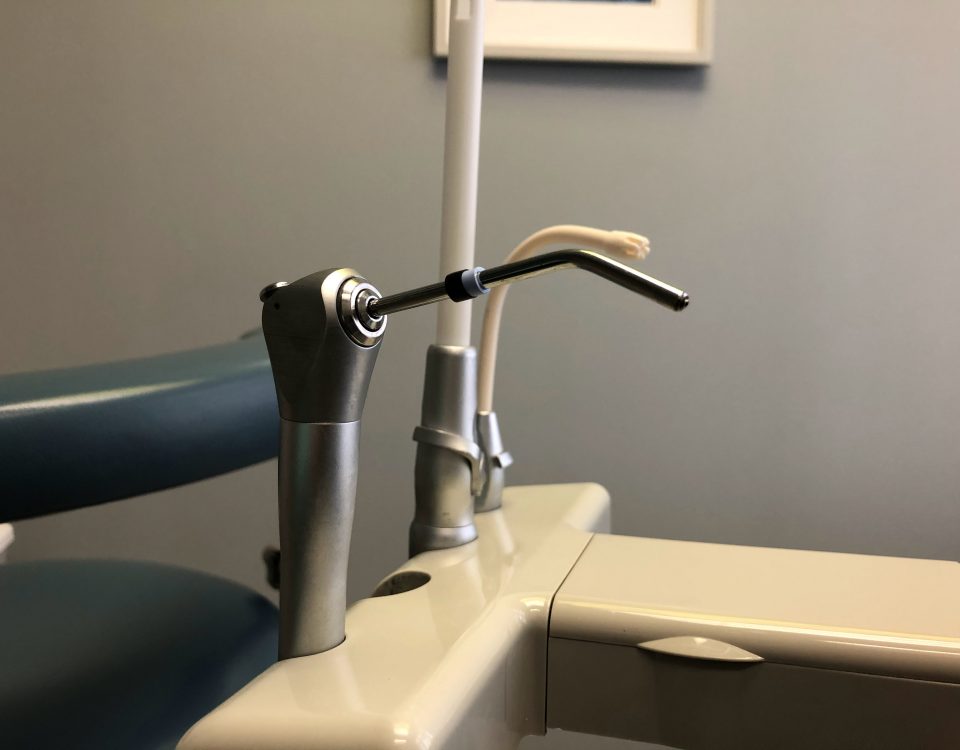
Root Canal vs Extraction: Let us break it down for you!
April 28, 2022
What is Considered a Dental Emergency?
May 24, 2022One of the concerns that many people have when a dentist recommends root canal treatment is whether the procedure is safe. A quick search will reveal several sites on the internet that try to answer the question of “Are root canals safe?”
This guide from us at Langley Dental Care will help you discover how safe and necessary this procedure is.
What Happens During a Root Canal?
Root canal therapy is a treatment method that removes debris, infected material, the root, and pulp from the interior of your tooth, inside the canals. You might need a root canal if you had a cracked tooth or one that had decay that reached the canals. Since bacteria could have gotten inside the canals of your tooth, you need a root canal treatment to clean out the bacteria.
During the process, your dentist may take x-rays or other images to see inside the tooth to find how deep the decay goes and if the infection has spread anywhere. Then, you get prepped for the procedure, which includes receiving a numbing injection in your gums and a rubber dam to protect your mouth. The injection prevents you from feeling anything other than minor pressure during your root canal. Let the dentist know immediately if you feel any pain. You can get additional anesthesia to ease the discomfort.
When you are ready, the dentist will drill a small hole into your tooth. This hole is large enough for the tiny tools to fit inside the tooth to pull out infected material from the canals. After thoroughly cleaning the tooth, the dentist seals the interior to prevent infection and adds a filling.
Later, you will need to return to have a cap, also known as a crown, placed over a molar you had treated to ensure that it is strong enough for biting. Other teeth may not need crowns. Always ask the dentist for their recommendation and follow it.
How Is a Root Canal Different from a Filling?
Fillings do not go deep into the tooth’s interior. Instead, they only fill holes at the surface of teeth that have eaten through the top layers. Unless you get treatment for a cavity, the bacteria that caused it could get inside the tooth, leaving your options to root canal treatment or extraction.
A cavity filling can prevent the need for having root canal treatment, so if your dentist finds a cavity during an exam, scheduling your filling as soon as possible is important.
Does Getting a Root Canal Hurt?
Many people who need to get root canal therapy already are in pain from the inflamed pulp in their teeth. This sensitivity often leads to the myth that a root canal process causes pain. However, it’s the opposite.
During the procedure, you should not feel pain. If you do, immediately let your dentist know to stop and apply more anesthesia or wait for the injection to start working.
After the root canal, you may have dull achiness or minor discomfort. These sensations don’t require more than over-the-counter pain relievers for a few days. After the treated tooth heals, you should no longer feel any pain or discomfort.
Are There Possible Complications?
All dental procedures carry risks of complications. However, today, root canals are highly successful treatments that have success rates with few complications reported from the more than 25 million treatments done by doctors annually. Therefore, while complications still exist, the chances are extremely low. Plus, you have the opportunity to save your natural tooth.
Root canals do not cause cancer or increase the risk for it. In fact, a 2013 study discovered that patients who had multiple root canal therapies experienced a 45% lower chance of developing cancer.
One possible complication is endodontic retreatment which refers to the procedure needed if the initial root canal treatment failed. You may need retreatment to assist in proper healing. With endodontic retreatment. This may occur due to very tight root canals or bacteria hiding deep inside intricate crevices inside the canals of people with complex structures in their teeth. Reactions from the local anesthesia are also possible.
If you experience pain, swelling, or fever after your root canal treatment, contact your dentist to see if you may need retreatment.
Is There an Alternative Treatment to Getting a Root Canal?
The alternative for root canal therapy is typically the tooth extraction to stop the bacteria in the canals from spreading to the jaw or the bloodstream. Dental extractions can cause more pain and have longer recovery times than root canal treatments. Plus, they come with more potential complications.
Can You Put Off Getting a Root Canal?
When your dentist informs you that you need a root canal, don’t put off getting the treatment. The sooner you have the procedure, the quicker you will feel relief from your dental discomfort. Plus, if you wait too long, bacteria in your tooth may spread too much to save the tooth. In this instance, your only option remains an extraction.
What Is the Best Way to Get a Safe Root Canal?
The best way to ensure your safety is to find a dental professional you can trust. You need to feel comfortable talking to the dentist before and during the procedure to let them know about any fears or concerns you have. A good dentist will help you feel as comfortable as possible, both mentally and physically.
Damage to the tooth that causes the need for a root canal weakens most teeth, and a crown restores some of the strength needed to prevent
Lastly, take good care of the rest of your teeth through good dental practices at home and keep cleaning and exam appointments with your dentist throughout the year.
Visit Us at Langley Dental Care for an Evaluation to See If You Need Root Canal Treatment
If you’re still asking yourself “Are root canals safe procedures to have?” Contact us at Langley Dental Care to schedule an evaluation. We can go over your concerns and answer any questions you may have. Give us a call today.


